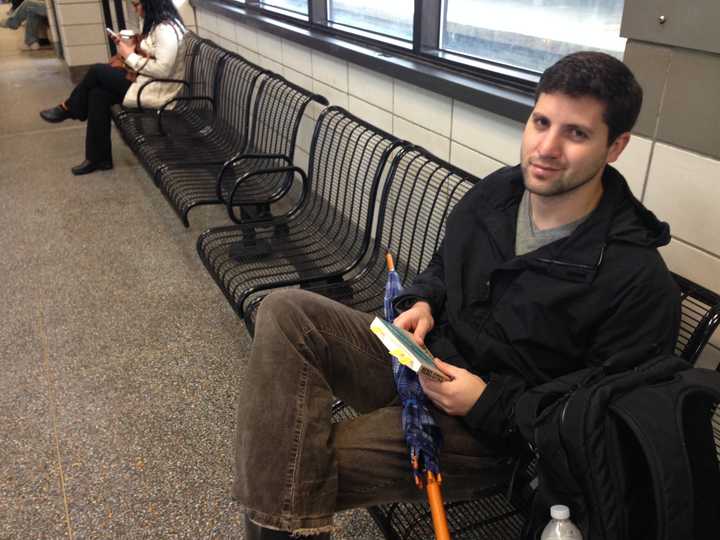The MTA board voted Wednesday to approve the spending. As a result, all 474 Metro-North and 836 Long Island Rail Road cars will be retrofitted with positive train control technology by April 2017, as opposed to the original timeline of 2019.
Positive train control is designed to prevent train collisions, derailments caused by excessive speed and unauthorized movement of trains. It automatically enforces temporary and permanent speed restrictions and can stop trains at red signals.
The National Transportation Safety Board has recommended this be implemented for more than 20 years.
The MTA signed a contract in November 2013 with a joint venture of Bombardier Transportation and Siemens Rail Automation to install positive train control. But, the Dec. 1 derailment in the Bronx that claimed four lives and injured dozens more passengers has led to a heightened sense of urgency for a safer railroad.
“Positive Train Control will provide a strong layer of safety over our existing systems. It aims to eliminate the risk of accidents from train-vs.-train collisions or derailments resulting from excessive speed around curves. We support this technology and we want our customers to begin benefiting from it sooner rather than later,” Thomas Prendergast, chairman and chief executive officer of the MTA, said in a statement.
The MTA will save about a year of installation time by deploying equipment at 175 locations alongside the tracks that will facilitate communication between the positive train control central computers and the computers on board trains.
While waiting for a train Wednesday at the White Plains train station, Jason Diaz, of White Plains, said they should use any technology available to improve safety after several fatalities from incidents in the last year.
“If we can save time while we’re also doing the more important thing of making it safer, I think they should do it,” Michele Clemente, of Mount Kisco said.
George Hessler, of Harrison, said the additional money spent seems reasonable if it means making safety upgrades sooner.
“When it comes to people’s safety yes, it’s definitely worth it,” Mount Vernon resident Michelle Essex said of the amended contract.
Several commuters were concerned that this would increase fares. However, Marjorie Anders, a Metro-North spokesperson, said the $11.3 million increase in the amended contract will not result in a fare increase.
Click here to follow Daily Voice White Plains and receive free news updates.

